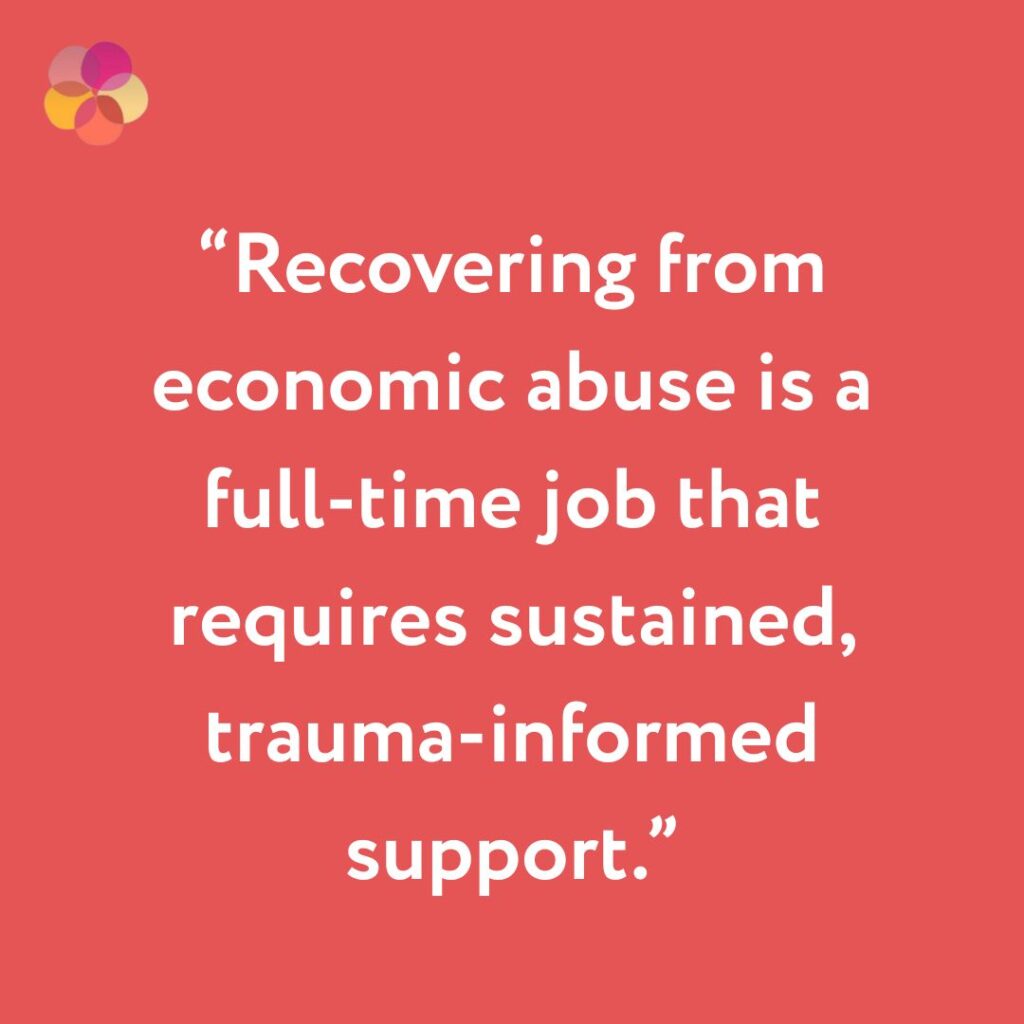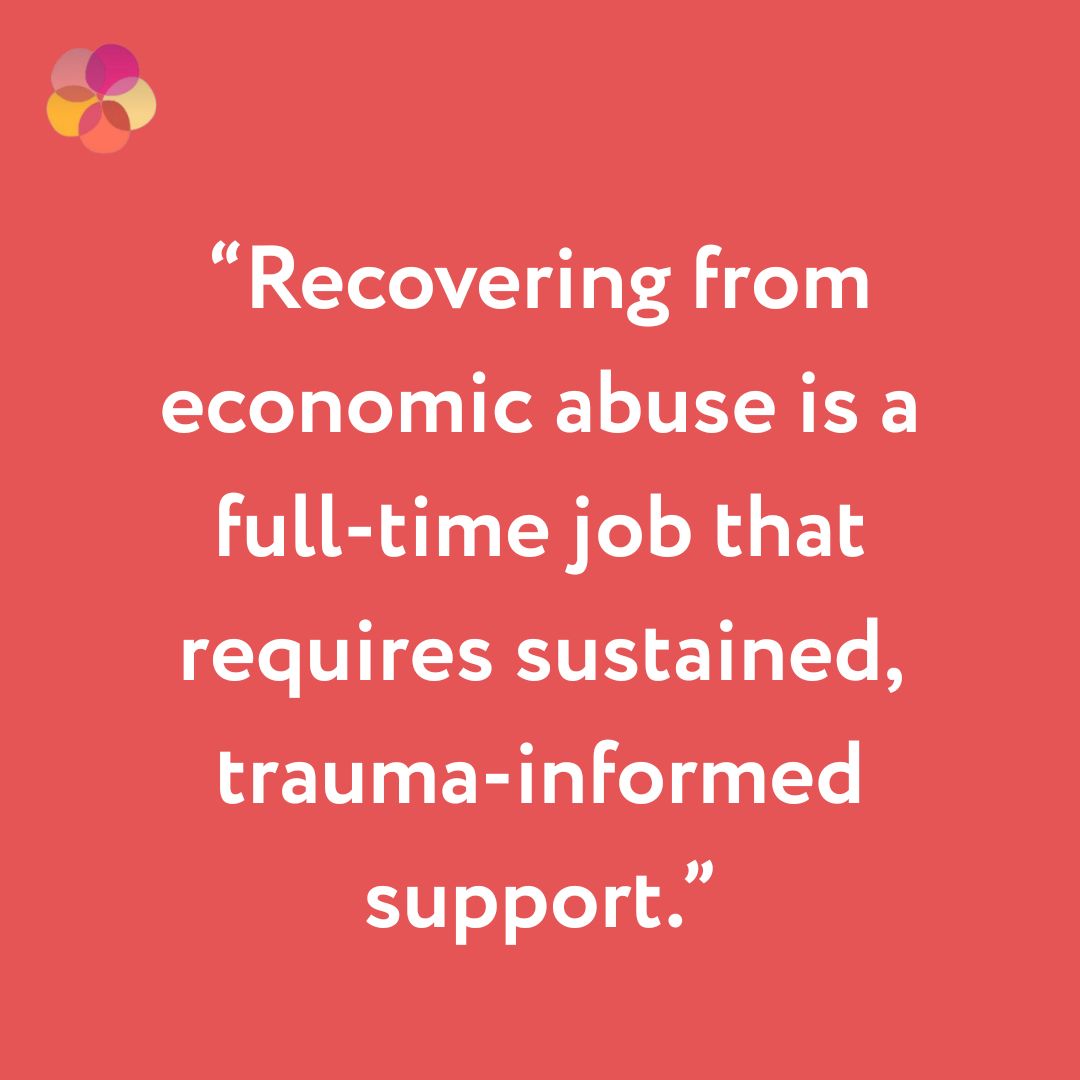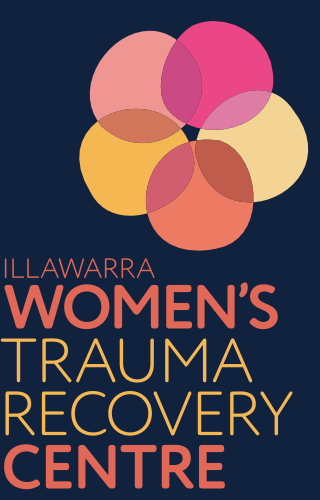

A groundbreaking report shines a spotlight on the significant financial barriers facing women who have experienced economic abuse, calling for urgent reform to ensure long-term economic recovery and security.
Pathways to Financial Security After Economic Abuse: “It is a full-time job” results from a collaborative research project funded by the CommBank Next Chapter Innovation program. Led by the Illawarra Women’s Trauma Recovery Centre – a major project of the Illawarra Women’s Health Centre – in partnership with the Centre for Women’s Economic Safety (CWES), the project examined the lived experiences of women in the Illawarra region and beyond who are rebuilding their lives after financial abuse.
The research focused on three highly impacted cohorts: older women, single mothers, and women with disabilities. The findings reveal how these groups of women face entrenched and overlapping challenges, including systemic discrimination, unpaid caregiving responsibilities, income insecurity, and a lack of targeted support, all of which make financial recovery an uphill battle.
You can access the reports below:
“Economic abuse is one of the most insidious and long-lasting forms of domestic violence,” said Sally Stevenson, Executive Director of the Illawarra Women’s Health Centre. “This report shows that recovering from it is not just about budgeting or employment – it is a full-time job that requires sustained, trauma-informed support.”
Alongside the main report, the project has produced three knowledge papers that delve deeper into the experience of money and economic abuse across the three priority groups and their unique recovery pathways.
“We want this work to inform systemic change,” said Rebecca Glenn, Founder and CEO of CWES. “When women have access to tailored, long-term economic support, they are better able to rebuild their lives, regain independence, and thrive.”
This project not only documents women’s experiences but also identifies opportunities for policy and service reform to create better economic outcomes. The organisations involved hope it will serve as a catalyst for national conversations around financial abuse recovery.

Get the latest info, news & events from Illawarra Women’s Trauma Recovery Centre.



The Illawarra Women’s Trauma Recovery Centre is situated on the land of the Dharawal Nation. We acknowledge the traditional custodians of this land and we pay our respects to Elders past and present for they hold the memories, traditions and hopes of Aboriginal and Torres Strait Islander Australia. This land is, was, and always will be traditional Aboriginal land. We acknowledge that we work in the context of generations of resilient, strengths-based, holistic resistance to violence in Aboriginal and Torres Strait Islander communities. We commit to actively supporting and promoting the voices of Aboriginal people and organisations in our work. We fully support the Uluru Statement from the Heart.
Notifications